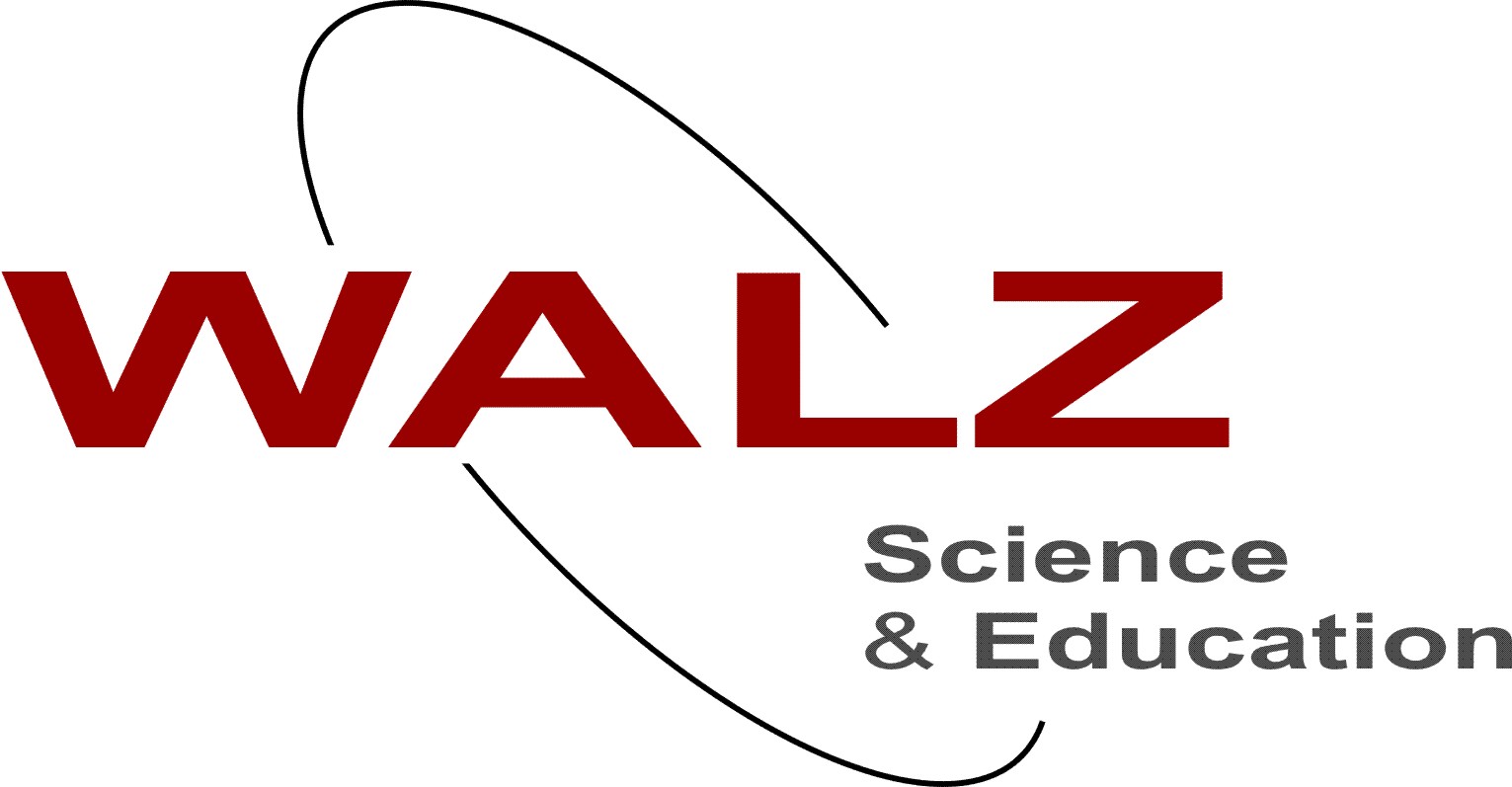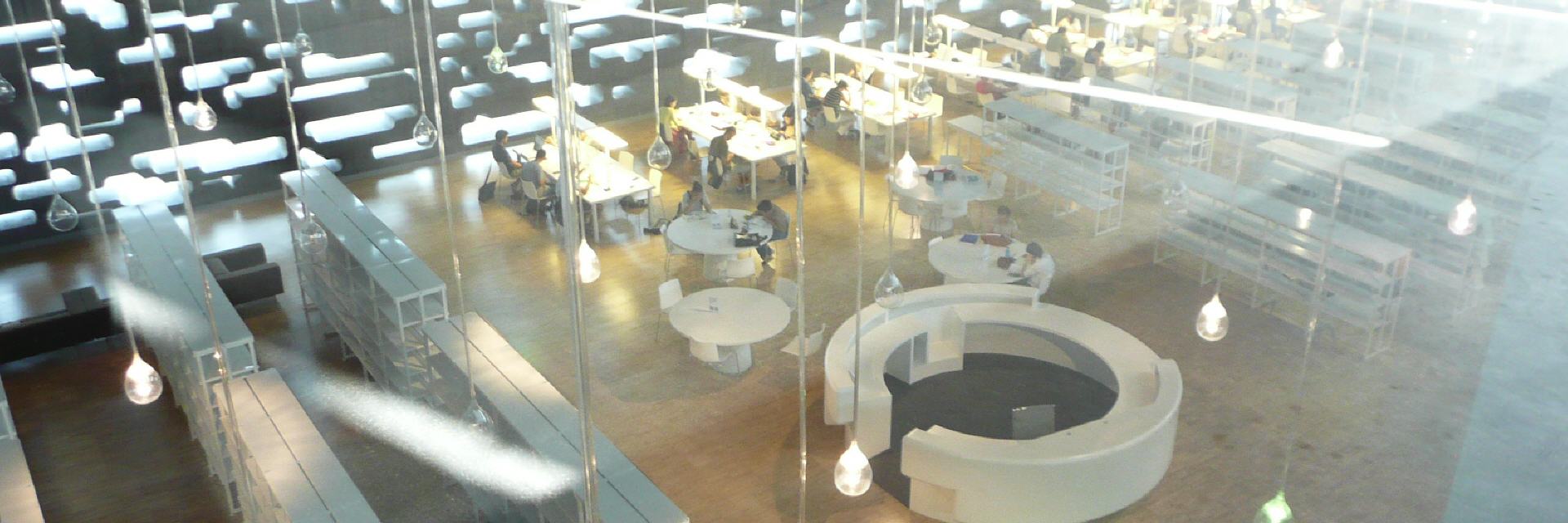NATO-Osterweiterung
NATO Eastward Enlargement
Vorlesungs-Nr: I.100
.
.
Die hier beschriebene Vorlesung unterteilt sich in insgesamt vier Kapitel und baut chronologisch und historisch aufeinander auf. Unterschiedliche »Ergänzungen« untermauern und erläutern verschiedene Aspekte tiefergehend.
Kapitel 1: "Sic transit gloria mundi" - So vergeht der Ruhm der Welt
Dieser Abschnitt beginnt mit dem historisch - als "Erster Weltkrieg" bezeichneten - Krieg auf der Krim in den Jahren 1853 bis 1856. Dieses Ereignis vermittelt einen freien und neutralen Blick auf die aktuellen Ereignisse und eröffnet in historischem Kontext einen unabhängigen Einblick auf die heutige Geopolitik in Eurasien. Der nächste Aspekt behandelt die deutsche Wiedervereinigung und reflektiert in diesem Zusammenhang die »westlichen Versprechen« gegenüber der zerfallenden Sowjetunion. Den Abschluss dieses ersten Kapitels bildet die Betrachtung und Analyse zweier wichtiger politisch-historischer Ereignisse im 20. Jahrhundert: Die »Schlussakte von Helsinki« aus dem Jahre 1975 sowie der »Zwei-plus-Vier-Vertrag« aus dem Jahre 1990.
Kapitel 2: "Aut regem aut fatuum nasci oportere" - Zum König oder zum Narren muss man geboren sein
Dieses Kapitel beginnt mit dem Zerfall der bipolaren Weltordnung, mit dem Niedergang der UdSSR und wird ergänzt um den Prozess der Erweiterung des transatlantischen Bündnisses im Schatten des untergehenden Sowjetreichs. In diesem Zusammenhang werden drei Personen näher beleuchtet, welche aus westlichen Standpunkten eher wenig zu Wort kommen: Michail Sergejewitsch Gorbatschow, Boris Nikolajewitsch Jelzin und Wladimir Wladimirowitsch Putin. Explizit wird auf die Rede von Präsident Putin im Deutschen Bundestag vom 25. September 2001 eingegangen. Das "neue Russland" unter Präsident Putin ist Inhalt des folgenden Unterkapitels und in diesem Kontext nimmt der »Politische Realismus« eine erklärende und bedeutende Rolle ein. Ergänzend wird kritisch die Frage gestellt, ob Russland aus Sicht des »Westens« in der Realität eher als "Kontrahent" oder "Gefährte" einzuordnen ist. Die Propaganda und das »Spiel mit der Angst« beenden dieses zweite Kapitel.
Kapitel 3: "Decipimur specie recti" - Wir werden vom Schein des Rechten getäuscht
Einleitend wird die Rede des russischen Präsidenten Putin im Februar 2007 bei der Münchner Sicherheitskonferenz beleuchtet und diskutiert. Chronologisch folgt ein Einblick in die Geschehnisse in Georgien im Jahre 2008 aufgrund transatlantischer geopolitischer Ambitionen. Dazu passend schließt sich eine Diskussion über verschiedene Formen der Aggression an, ein Schwerpunkt liegt hierbei auf der »bündnishaften aktiven Aggression«. Im Weiteren finden die Ereignisse in Kiew im Jahre 2014 eine Diskussionsbühne. Thematisiert wird diesbezüglich die Bewertung und Einschätzung der transatlantischen Partnerschaft durch Aussagen wie "Fuck the EU". Zwei thematische Ergänzungen runden letztendlich dieses Kapitel ab: Die Politik des »Regime Change« sowie die »Monroe-Doktrin«.
Kapitel 4: "Homo homini lupus est" - Der Mensch ist des Menschen Wolf
Das Faktum des seit 2014 anhaltenden Krieges in Europa steht zu Beginn dieses Kapitels zur Diskussion sowie ebenfalls die vermeintliche »Annexion« der Krim im selben Jahr. Explizit wird hierbei auf den Unterschied zwischen »Annexion« und »Sezession« eingegangen. Der Einmarsch Russlands in den Norden und Osten der Ukraine wird im Weiteren diskutiert und diesbezüglich soll ein neuer Trend im »Westen« zur Disposition gestellt werden, nämlich die wachsende Freude westlicher Kriegspolitik und die gänzliche Verweigerung diplomatischer Prozesse. Drei thematische Ergänzungen erweitern dieses Unterkapitel: Die Spieltheorie, die Wahrscheinlichkeiten und die Problematik von Entscheidung und Moral. Der "verratene Frieden von Istanbul" schließt sich dieser begonnenen Erörterung an und leitet das vorletzte Thema dieser Vorlesung ein: Den »Militärisch-Industriellen-Komplex« Der Abschluss dieses vierten Kapitels zeigt mithilfe von Medienartikeln und Pressemitteilungen auf - wo die Welt, aber vor allem der »Westen« - aktuell steht.
Hinweis: Diese Vorlesung wird grundsätzlich außerhalb des deutschsprachigen Raums angeboten, eine Ausnahme bildet die Schweiz!
The lecture described here is divided into a total of four chapters and builds chronologically and historically on each other. Different »supplements« underpin and explain different aspects in greater depth.
Chapter 1: "Sic transit gloria mundi" - How the Glory of the World Fades
This section begins with the war in Crimea, historically known as the "First World War", in the years 1853 to 1856. This event provides a free and neutral view of current events and, in a historical context, provides an independent insight into the current geopolitics in Eurasia. The next aspect deals with German reunification and in this context reflects on the »Western promises« towards the disintegrating Soviet Union. This first chapter concludes with an examination and analysis of two important political and historical events in the 20th century: the »Final Act of Helsinki« of 1975 and the »Two plus Four Treaty« of 1990.
Chapter 2: "Aut regem aut fatuum nasci oportere" - To be born a king or a fool
This chapter begins with the disintegration of the bipolar world order, with the collapse of the USSR, and is supplemented by the process of expanding the transatlantic alliance in the shadow of the falling Soviet Empire. In this context, three people who have little say in the Western viewpoints: Mikhail Sergeevich Gorbachev, Boris Nikolaevich Yeltsin and Vladimir Vladimirovich Putin. The speech of President Putin in the German Bundestag on 25 September 2001 is explicitly referred to. The "new Russia" under President Putin is the content of the following sub-chapter, and in this context the "Political Realism" plays an explanatory and important role. In addition, the question of whether Russia is in reality to be classified as a "counter" or a "comrade" from the point of view of the "West" is critically posed. Propaganda and the "playing with fear" end this second chapter.
Chapter 3: "Decipimur specie recti" - We are deceived by the appearance of the right
The introductory speech of Russian President Putin in February 2007 at the Munich Security Conference will be illuminated and discussed. Chronologically, there follows an insight into the events in Georgia in 2008 due to transatlantic geopolitical ambitions. Appropriately, this is followed by a discussion on different forms of aggression, with a focus on »allied active aggression«. Furthermore, the events in Kiev in 2014 find a stage for discussion. In this regard, the evaluation and assessment of the transatlantic partnership is addressed by statements such as "Fuck the EU". Two thematic additions round off this chapter: the politics of »Regime Change« and the »Monroe Doctrine«.
Chapter 4: "Homo homini lupus est" - Man is man's wolf
The fact of the ongoing war in Europe since 2014 is discussed at the beginning of this chapter, as well as the alleged »annexation« of Crimea in the same year. Explicitly the difference between »annexation« and »secession« is discussed. The invasion of Russia into the North and East of Ukraine is further discussed, and in this regard a new trend in the »West« is to be put at disposal, namely the growing joy of Western war policy and the complete refusal of diplomatic processes. Three thematic additions expand this sub-chapter: Game Theory, Probabilities, and the Problems of Decision and Morality. The "Betrayed Peace of Istanbul" joins this discussion and introduces the penultimate topic of this lecture: The "Military-Industrial Complex" The conclusion of this fourth chapter shows, with the help of media articles and press releases, where the world, but above all the "West", stands today.
Note: This lecture is generally offered outside the German-speaking countries, with the exception of Switzerland!
______________________________________________________________________________________________________________
> Hinweis: Diese Vorlesung wird ständig ergänzt, erweitert und aktualisiert.
Organisatorisches
- Fachbereich: Geopolitik
- Form: Vorlesung, Vortrag, Workshop, Diskurs
- Durchführung: Online (Präsenz auf Anfrage)
- Umfang: individuell
- Sprachen: EN+GE
> Note: This lecture is constantly being supplemented, expanded and updated.
Organisational aspects
- Department: Geopolitics
- Form: Lecture, workshop, discourse
- Implementation: Online (presence on request)
- Scope: individual
- Languages: EN+GE

